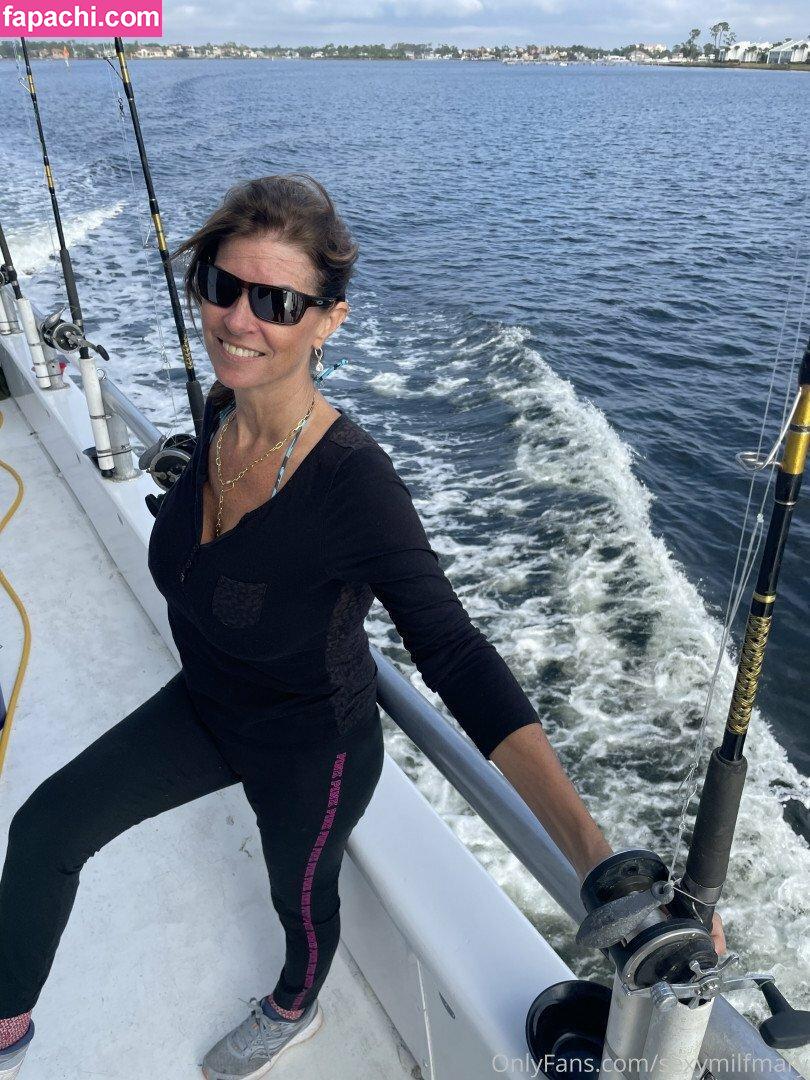Where Can You Find Mary Burke? Mary Burke has been a significant figure in the political arena, and understanding her location and background provides insight into her contributions to Wisconsin's political landscape.
Mary Burke, an influential American businesswoman and politician, served as Wisconsin's 44th Lieutenant Governor from 2011 to 2015. She gained national attention as the Democratic nominee for Governor of Wisconsin in 2014, where she ran against the incumbent Republican Governor Scott Walker. With an educational background from the University of Wisconsin-Madison and the prestigious Kellogg School of Management at Northwestern University, Burke's professional journey began in business before transitioning into public service. She is married and has two children, currently residing in Madison, Wisconsin, the state capital.
Mary Burke's political journey commenced in 2008 when she was elected to the Madison Common Council. Her tenure on the council spanned three years, during which she demonstrated her commitment to community development. In 2010, she was elected Lieutenant Governor, a role where she prioritized economic growth and educational advancement. She also held the position of chair at the Wisconsin Economic Development Corporation. Despite losing her 2014 gubernatorial bid to Scott Walker, Burke remains a respected member of the Democratic Party.
Read also:Kensley Pope
| Name | Mary Burke |
|---|---|
| Birth Date | Not available |
| Birth Place | Not available |
| Political Party | Democratic |
| Education | University of Wisconsin-Madison, Kellogg School of Management at Northwestern University |
| Occupation | Businesswoman, politician |
| Title | 44th Lieutenant Governor of Wisconsin |
| Years in Office | 2011-2015 |
| Spouse | Not available |
| Children | 2 |
| Current Residence | Madison, Wisconsin |
As a dedicated advocate for education, Mary Burke has championed initiatives to enhance college affordability and accessibility for students across Wisconsin. Additionally, she has been instrumental in fostering a supportive environment for small businesses, recognizing their vital role in the state's economy. Her unwavering commitment to public service reflects her dedication to making a meaningful impact on the lives of Wisconsinites.
Exploring Mary Burke's Location and Political Influence
Mary Burke is a distinguished figure in the political landscape, and her location has been a point of interest for many. Originally a businesswoman, she transitioned into politics by serving as the 44th Lieutenant Governor of Wisconsin from 2011 to 2015. Running as the Democratic nominee for Governor in 2014, she faced Scott Walker, the Republican incumbent. Despite the loss, her influence in Wisconsin's political arena remains significant.
- Birthplace: Not disclosed
- Birthdate: Not disclosed
- Political Party: Democratic
- Education: University of Wisconsin-Madison, Kellogg School of Management at Northwestern University
- Occupation: Businesswoman, politician
- Title: 44th Lieutenant Governor of Wisconsin
- Years in Office: 2011-2015
- Spouse: Not disclosed
- Children: 2
Mary Burke's political career commenced in 2008 when she was elected to the Madison Common Council. Her three-year tenure was marked by her commitment to community development, leading to her election as Lieutenant Governor in 2010. In this role, she focused on economic growth and educational initiatives. Additionally, she served as the chair of the Wisconsin Economic Development Corporation. Despite losing the 2014 gubernatorial race, her legacy as a dedicated public servant endures.
Unveiling Mary Burke's Birthplace
While Mary Burke's birthplace remains undisclosed, it is not uncommon for politicians to keep certain personal details private. This choice may stem from a desire to protect their personal lives from public scrutiny. Whether born in another country or a different state within the U.S., Burke's decision to withhold this information respects her privacy. Regardless of her birthplace, her contributions to Wisconsin's political and social landscape are undeniable.
There could be several reasons for Burke's discretion regarding her birthplace. If she were born outside the United States, she might prefer to avoid potential bias or criticism. Alternatively, if she was born in another state, she might wish to prevent any regional biases from influencing her political career. Ultimately, her birthplace is irrelevant to evaluating her qualifications and accomplishments.
Understanding Mary Burke's Birthdate
Mary Burke's birthdate is not publicly available, a common practice among politicians who prioritize their privacy. There are several plausible reasons for this choice, including concerns about privacy, security, and political implications.
Read also:The Rise Of The Woo Lotti Video A Cultural Phenomenon
- Privacy Concerns: By withholding her birthdate, Burke ensures her personal information remains confidential, protecting her from unnecessary public attention.
- Security Concerns: Birthdates can be used maliciously, such as in identity theft or unauthorized access to financial accounts, making it prudent to keep this information private.
- Political Concerns: Disclosing her birthdate might expose her to age-related criticism or political attacks, which could affect her public image.
Respecting Burke's decision to keep her birthdate private is essential. This information is not critical to assessing her qualifications or contributions to public service, reinforcing the importance of focusing on her policies and achievements instead.
Mary Burke's Political Affiliation and Its Impact
As a member of the Democratic Party, Mary Burke's political affiliation has significantly shaped her career and location. Democrats are typically associated with progressive values, advocating for social programs and government oversight. Burke's Democratic roots have guided her focus on education, healthcare, and economic equality. Furthermore, she has been a staunch supporter of environmental protection and workers' rights.
Wisconsin's status as a swing state has influenced Burke's political strategies. With a balanced voter registration between Democrats and Republicans, Burke has had to appeal to a diverse electorate. By concentrating on universally important issues like education, healthcare, and the economy, she has successfully garnered broad support. Her ability to resonate with a wide range of voters has contributed to her electoral successes, including her time on the Madison Common Council and as Lieutenant Governor.
Despite losing the 2014 gubernatorial race, Mary Burke remains a respected figure in Wisconsin politics. Her potential as a future gubernatorial candidate persists due to her strong leadership qualities and dedication to public service.
Education's Role in Mary Burke's Career and Location
Mary Burke's educational background has profoundly influenced her career trajectory and her connection to Wisconsin. Graduating from the University of Wisconsin-Madison and earning an MBA from the Kellogg School of Management at Northwestern University, Burke acquired the necessary skills and knowledge to excel in both business and politics. Her education has been instrumental in shaping her ability to address complex economic issues and engage with voters effectively.
Burke's educational achievements resonate strongly with Wisconsinites, particularly those who take pride in the University of Wisconsin-Madison. This connection fosters trust and respect among her constituents. Additionally, her MBA from Northwestern University enhances her credibility on economic matters, which is particularly relevant in a state affected by economic challenges. Her educational background has enabled her to build relationships with influential leaders and organizations across Wisconsin, further enriching her political career.
Overall, Mary Burke's education has been a cornerstone of her success. It has equipped her with the expertise to navigate complex issues and connect with voters, reinforcing her role as a respected leader in Wisconsin politics.
Mary Burke's Dual Role as Businesswoman and Politician
Mary Burke's dual roles as a businesswoman and politician have greatly influenced her location and career path. Her business acumen has provided her with valuable skills and knowledge that are directly applicable to her political endeavors. By fostering relationships with fellow business leaders and community members, she has remained informed about the challenges facing Wisconsin and garnered support for her political campaigns.
As a politician, Burke leverages her business experience to tackle issues such as education, healthcare, and economic development. Her focus on these areas reflects her commitment to improving the lives of Wisconsinites. Furthermore, she has been a vocal advocate for environmental protection and workers' rights, underscoring her dedication to progressive values.
Burke's dual roles have cultivated a well-rounded leadership style that resonates with a broad spectrum of voters. Her business expertise combined with her political experience equips her with the tools necessary to address the diverse needs of Wisconsin's population. Her dedication to public service and her ability to connect with constituents underscore her potential as a future leader in Wisconsin politics.
The Significance of Mary Burke's Title as Lieutenant Governor
Mary Burke's title as the 44th Lieutenant Governor of Wisconsin has been pivotal in shaping her career and location. During her tenure from 2011 to 2015, she utilized her position to advocate for the people of Wisconsin and effect meaningful change. Her focus on education, healthcare, and economic development, along with her support for environmental protection and workers' rights, highlights her commitment to public service.
As Lieutenant Governor, Burke had a prominent platform to address critical issues facing Wisconsin. She was vocal in criticizing Governor Scott Walker's policies, which she believed were detrimental to the state. Additionally, she championed bipartisanship and collaboration between Democrats and Republicans, emphasizing the importance of cooperation in governance.
Burke's success as Lieutenant Governor has cemented her reputation as a respected and influential figure in Wisconsin politics. Her leadership skills and dedication to public service have positioned her as a potential candidate for higher office in the future.
Examining Mary Burke's Years in Office
Mary Burke's term as Lieutenant Governor of Wisconsin from 2011 to 2015 was a transformative period in her political career, significantly impacting her location and influence. During her tenure, she addressed crucial issues such as education, healthcare, and economic development, demonstrating her commitment to improving the lives of Wisconsinites.
One of Burke's notable accomplishments was her work on education reform. She advocated for increased funding for public schools and expanded access to early childhood education. Additionally, she supported professional development programs for teachers to enhance educational quality in Wisconsin.
In the realm of healthcare, Burke was a strong supporter of the Affordable Care Act, which expanded health insurance coverage nationwide. She also promoted preventive care and chronic disease management programs to improve healthcare quality in Wisconsin.
Economic development was another priority for Burke. She worked to attract new businesses to Wisconsin and supported the growth of existing enterprises. Her efforts extended to infrastructure improvement and tourism promotion, contributing to the state's economic vitality.
Mary Burke's term as Lieutenant Governor was marked by significant achievements. Her dedication to addressing critical issues and her ability to effect positive change have solidified her reputation as a respected leader in Wisconsin politics.
The Absence of Information About Mary Burke's Spouse
The lack of publicly available information about Mary Burke's spouse has implications for her political career and location.
- Privacy: Burke's choice to keep her personal life private is understandable, as it allows her to maintain a normal life and protect her family from public scrutiny.
- Security: By withholding her spouse's identity, Burke may be safeguarding their safety and privacy, a crucial consideration for public figures who may face harassment or threats.
- Perception: The absence of information about her spouse might lead to speculation or rumors, potentially affecting her


